Feathers have long captivated our imagination with their beauty and grace, symbolizing freedom and flight. They have been used for various purposes throughout history, from fashion to crafts and even cultural traditions. However, did you know that collecting feathers is generally illegal in the United States? In this blog post, we will explore the reasons behind this regulation and shed light on the important role feathers play in protecting birds and their populations.
-
The Migratory Bird Treaty Act: One of the key reasons why collecting feathers is prohibited in the United States is the Migratory Bird Treaty Act. Enacted in 1918, this federal law aims to conserve and protect migratory bird species, their nests, eggs, and feathers. It covers over 800 bird species, including some of the most iconic ones like eagles, hawks, and owls. The act prohibits the possession, sale, purchase, or even transfer of feathers without proper permits.
-
Protecting Bird Populations: The strict regulations surrounding feather collection are in place to safeguard bird populations and their habitats. Feathers are essential for birds' survival, enabling them to regulate body temperature, fly, attract mates, and perform other crucial functions. By restricting the collection of feathers, the law helps ensure that birds can continue their natural behaviors and fulfill their ecological roles within the environment.
-
Conservation and Ethical Considerations: The ban on feather collection also serves as a conservation measure, addressing concerns such as habitat destruction, illegal hunting, and disturbance of nesting sites. It encourages responsible behavior towards birds and promotes ethical considerations by discouraging activities that could harm bird populations or disrupt their natural cycles.
-
Alternative Ways to Enjoy Feathers: While collecting feathers may be restricted, there are still various ways to appreciate and enjoy these marvelous creations of nature. Birdwatching, photography, and nature journaling are wonderful activities that allow us to observe and document birds and their plumage without harming them. Additionally, many organizations and museums provide educational programs and exhibits that offer a deeper understanding of feathers, their structure, and their role in bird biology.

While it is generally illegal to possess feathers from native migratory birds, there are some exceptions for specific species. Here are a few types of feathers that can be legally owned in the United States:
-
Non-migratory bird feathers: Feathers from non-migratory birds, such as chickens, turkeys, and ostriches, can be legally owned and traded.
-
Domesticated bird feathers: Feathers from domesticated pet birds like parrots, cockatiels, and canaries are legal to possess and trade. However, it's essential to ensure that these birds are legally obtained and not protected species.
-
Captive-bred bird feathers: Feathers from captive-bred birds, which have been bred in captivity and not taken from the wild, are generally allowed for ownership and trade. These birds should be legally bred and obtained from licensed breeders.
-
Game bird feathers: Feathers from game birds like pheasants, quails, and grouse can be legally owned and traded. These birds are often bred for hunting or farming purposes.
-
Feather art and crafts: In certain cases, legally obtained feathers can be used for artistic and craft purposes. However, it's important to ensure that the feathers used are not from protected or endangered bird species.
It is crucial to note that regulations and laws regarding the ownership of feathers may vary depending on the state and federal regulations. It is recommended to consult local wildlife authorities or the U.S. Fish and Wildlife Service for specific guidelines before possessing or trading feathers.
Embracing the reasons behind the rules against collecting feathers in the United States fosters a friendly and caring attitude towards birds and their homes. By following these laws, we actively participate in the important work of preserving the remarkable variety and splendor of bird species. Let's treasure feathers in their natural surroundings, cherishing the chance to witness birds in their wild habitats and gaining wisdom from their remarkable presence in our world. Together, we can create a positive influence and ensure a wonderful future for our feathered friends.



Here in Australia, known for strict environmental rules, even we here are allowed to collect naturally shed feathers of all species including protected species. Also, in the states, if someone picks up a feather, will they get in trouble? What if no one saw you collect a feather in the forest? How is collecting feathers even prohibited in the US as they are technically waste products from the birds.
While searching for what the new bird that showed up at my feeder was I saw this article and was totally surprised by what it stated! We have land in Central Texas and I always provide seed and water for the many birds that visit, both native and migratory but I immediately felt a feeling of anxiety as I remembered the two Blue Jay feathers on my craft table that I found under my bird feeders, OMG! My mind envisioned the FBI breaking down my door and being shackled and carted off to prison! Although that scenario might be a bit extreme, there have been cases of it happening for lesser offenses.
I do see both sides of this argument as I, as well, would not want to purposely hurt any birds or their habitat in any way either but come on!!??!! Birds molt and feathers are abundant! We also have hawks and they have to eat as well. Why punish those who love birds because of the few who will do anything for a buck? Believe this law goes too far! There’s a mention that only native Americans are allowed because of their connection to nature but no one can tell me how those Chiefs and lesser tribe members got all those eagle feathers to make their headdresses, anyone else wonder that as well? It would take a whole bird + to make just one. Unlikely they were “all” found. (yes I know they don’t do that any longer). If some native American tribes are allowing the drug Cartels to stay and sell drugs on their reservations how are we to believe they wouldn’t allow selling black market feathers. How about focusing on those who illegally sell them in bulk and leave the bird lovers who “find” a few features on the ground alone! Oh but that might take a bit more effort on their part.
If I find a feather on the ground. I’m keeping it. I don’t think the bird(s) would be back to retrieve it.
Someone just sent my granddaughter Owl feathers. Is it illegal to have them?
this is not true you should have a right to collect feathers that you find this is a lie it is not illegal to pick up feathers